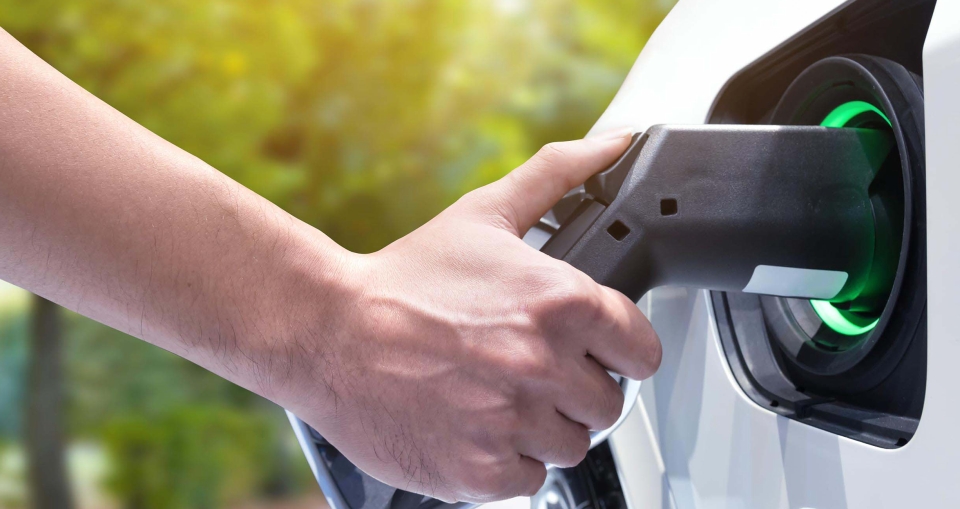
As electric vehicles (EVs) continue to gain popularity due to their environmental benefits and technological advancements, understanding how roadside assistance for EVs differs from traditional gasoline-powered vehicles is essential. Roadside assistance is a critical service for all drivers, but EVs come with unique considerations and requirements. Here’s what you need to know about electric vehicles and roadside assistance.
1. Understanding the Unique Needs of Electric Vehicles
Battery Issues
- Charging Problems: The most common issue for EVs is running out of battery power. Unlike gasoline vehicles that can simply be refueled, EVs require access to charging infrastructure. Roadside assistance for EVs should include services for providing a temporary charge or towing to the nearest charging station.
- Battery Health: EV batteries can also experience issues such as faulty cells or overheating. Roadside assistance providers should be equipped to handle these specialized battery problems or refer you to a qualified service center.
Charging Infrastructure
- Access to Charging Stations: Roadside assistance services need to be aware of and have access to the locations of nearby charging stations. This ensures that drivers who run out of power can be quickly directed or transported to a station.
- Charging Adapters: EVs use different types of charging connectors. Roadside assistance should be knowledgeable about various charging standards and, if possible, carry adapters or provide guidance on the type of charger needed.
Vehicle Specifications
- Specialized Equipment: EVs have different mechanical and electrical components compared to traditional vehicles. Roadside assistance providers may require specialized tools and training to handle issues related to EVs.
- Towing Protocols: EVs often have specific towing requirements to avoid damage. For example, many EVs should be towed with all wheels off the ground or on a flatbed to prevent damage to the electric drivetrain.
2. Types of Roadside Assistance for Electric Vehicles
Emergency Charging
- Portable Chargers: Some roadside assistance services offer portable charging units that can provide a limited amount of charge to get you to the nearest charging station. These units are not always available but can be a lifesaver in emergencies.
- Flatbed Towing: If a portable charger is not available or suitable, towing your EV to a charging station or service center using a flatbed truck ensures that the vehicle remains undamaged.
Battery and Electrical System Repairs
- On-Site Diagnostics: Roadside assistance for EVs may include on-site diagnostics to identify and troubleshoot battery and electrical system issues. This can help determine if the vehicle needs to be towed or if the problem can be fixed on the spot.
- Technical Expertise: Some providers may have technicians trained specifically in EV maintenance and repairs, capable of handling more complex issues related to the vehicle’s electrical systems.
Towing Services
- Proper Towing Equipment: Ensure that the roadside assistance service you choose has the proper equipment for towing EVs. Incorrect towing methods can cause significant damage to an electric vehicle’s drivetrain and battery.
- Service Agreements: Check if your roadside assistance provider has specific agreements with EV service centers or charging networks to ensure a smooth process in case of an emergency.
3. Choosing the Right Roadside Assistance Service for Your EV
Specialized Providers
- EV-Friendly Services: Look for roadside assistance providers that specialize in or have experience with electric vehicles. These services are more likely to understand the unique needs and have the necessary tools and knowledge.
- Network Partnerships: Providers that partner with EV manufacturers or charging networks may offer better support and quicker access to specialized services.
Service Coverage
- Check Coverage Areas: Ensure that the roadside assistance service covers your typical driving areas, including routes with access to charging infrastructure.
- Verify Services Offered: Review what services are included, such as emergency charging, battery diagnostics, and towing protocols, to ensure they meet your needs.
Customer Reviews and Ratings
- Research Providers: Look for reviews and ratings from other EV owners to gauge the reliability and quality of the roadside assistance service.
- Ask for Recommendations: Consult with other EV owners or local EV clubs for recommendations on trustworthy roadside assistance providers.
4. Preparing for Roadside Emergencies with Your EV
Know Your Vehicle
- Owner’s Manual: Familiarize yourself with your EV’s specific roadside assistance requirements and recommendations outlined in the owner’s manual.
- Charging Locations: Plan your routes and identify charging stations along your journey to avoid running out of battery power.
Emergency Kit
- Carry Essentials: Keep an emergency kit in your EV, including a flashlight, first aid supplies, and basic tools. While EVs don’t require many of the traditional tools for gasoline vehicles, being prepared is always beneficial.
Stay Informed
- Stay Updated: Keep up-to-date with advancements in EV technology and roadside assistance options. New developments may offer enhanced services and features for electric vehicle owners.
Conclusion
Roadside assistance for electric vehicles comes with its own set of challenges and requirements. Understanding these unique needs and preparing accordingly can help ensure that you receive the right support in case of an emergency. By choosing a specialized roadside assistance provider, staying informed about your vehicle’s requirements, and being prepared with an emergency kit, you can drive your electric vehicle with confidence and peace of mind.